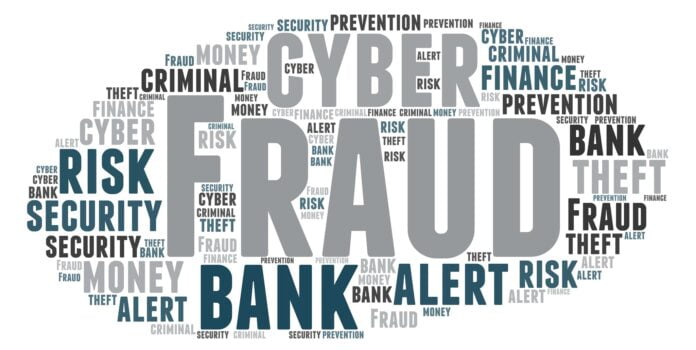Over £137 billion is the annual cost of fraud in the UK since the start of 2021, impacting both consumers and companies. There could have been 7,325,184 petrol tanks or 990,349 smartwatches sold every day!
Fewer customers purchasing items affects the profitability of businesses. Moreover, the high cost of fraud means that their customers are at risk of identity theft and businesses are resorting to technology solutions to detect breaches and clamp down on fraud.
Domain monitoring allows organisations to take back control over what gets monitored on dark websites, as well as block potential incursions into your network from outside sources such as hacking attempts or spamming bots.
This significantly increases peace of mind knowing everything behind closed doors stays intact, while simultaneously protecting you against external threats like cyberattacks with advanced threat prevention technology built right in. This is why it’s paramount that businesses do not be complacent and are always on guard to detect fraudulent activity.
How does Domain Monitoring work?
Typosquatting is a common scam that can happen to anyone. Fraudsters will copy your website and pretend they are you, trying to get their hands on sensitive information or install malware onto someone’s device! The problem with these look-alikes? They pop up faster than you could take it down yourself so don’t let this happen.
Once a business has copyright protection, the domain monitoring tool will automatically alert them to any websites that may imitate their brand. These sites are easy and quick enough for an organisation with strong web security practices in place- which means you can sleep well knowing your intellectual property won’t get infringed upon!
This unfortunate reality is that many customers can be duped into thinking the website they’re looking at is a legitimate one, when in fact it may not even exist. This leads to people losing trust and becoming hesitant about purchasing from them or engaging with their content for fear of being scammed.
The damage done by typosquatters has been seen across multiple industries including finance (where some banks were fooled), e-commerce stores such as Amazon lost out on sales simply because someone else registered under another company name – all without taking responsibility themselves.
It’s not just typosquatting! Smishing is another way criminals try to get your personal information. They send mass texts via leaked numbers that appear as though they’re from trusted providers, asking for click-bait links in return so they can steal all of your bank accounts and passwords when you follow through on these scams.
Don’t click on the links! These domains are copycat websites that look just like your favourite sites, but they steal information from you and use it to access bank accounts.
What does it mean for businesses?
Data breaches are a reality for many businesses, and no matter how secure you think your company is, there’s always still a chance they could fall victim to fraud.
That being said it doesn’t hurt to review the security procedures in place because even skilled hackers have been known at times not to cause major harm with their hacks if done correctly, which leaves much room for human error on behalf of those running things behind closed doors.
As well as external cyberattacks from sophisticated sources who know what kind of information can be found where.
Businesses need to protect their customer data and a dark web monitoring service can help them do that. With this type of technology, businesses will be alerted if there is any suspicious activity on the company’s network before it has time to cause serious damage like identity theft or fraud with sensitive information such as social security numbers!
Conclusion
Online safety is imperative to the security and well-being of both businesses and clients.
Organisations need protection for their data, which will help them better provide services online without fear that sensitive information could be compromised by criminals who are actively looking through it all day long.






